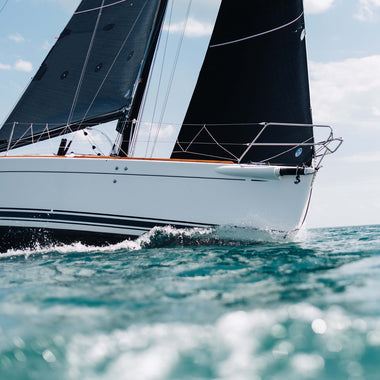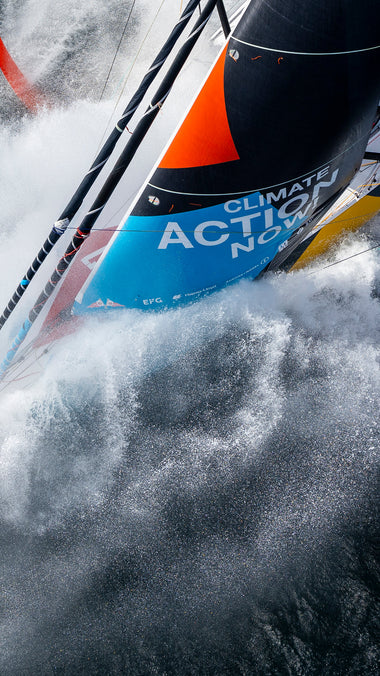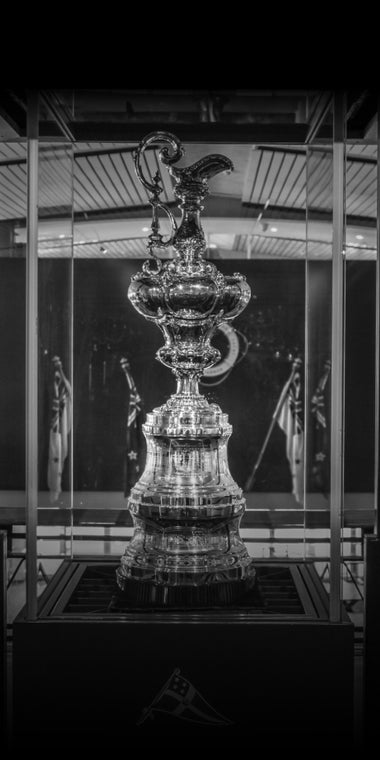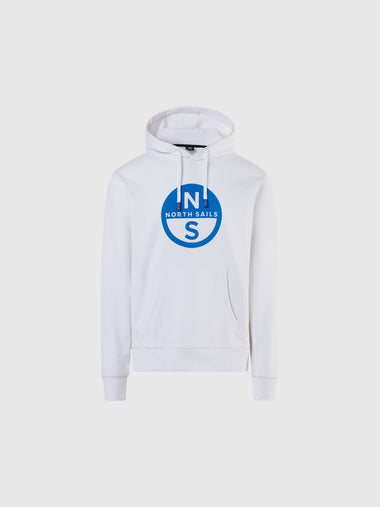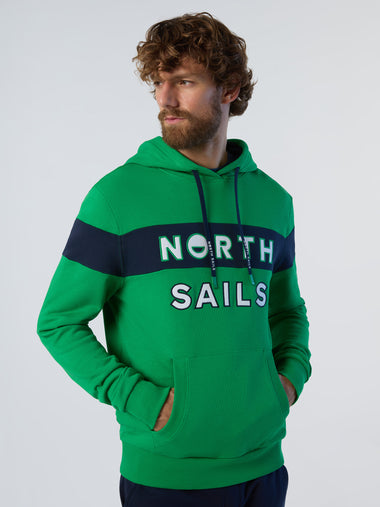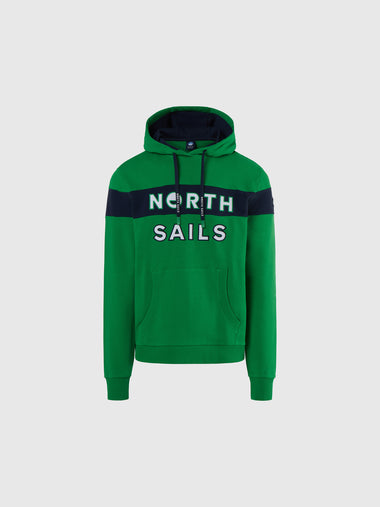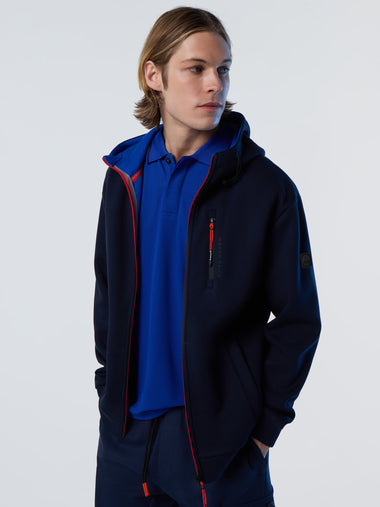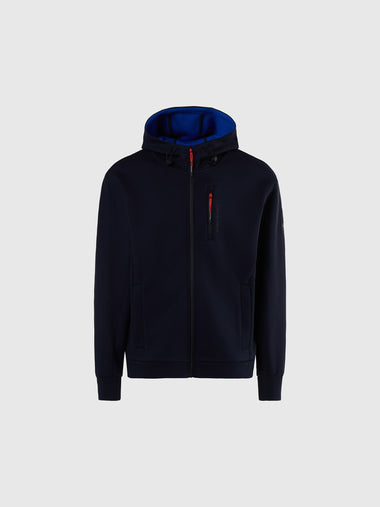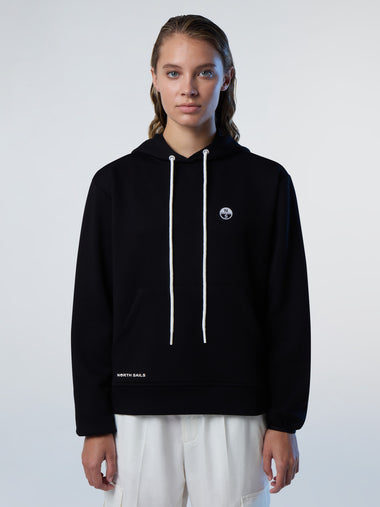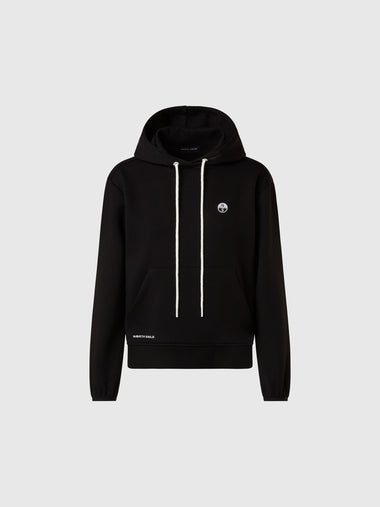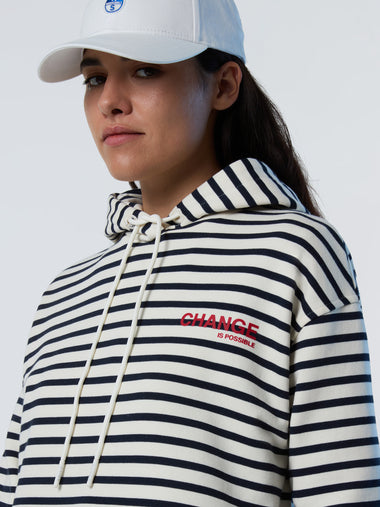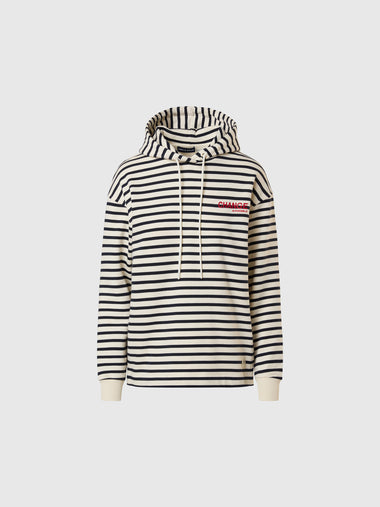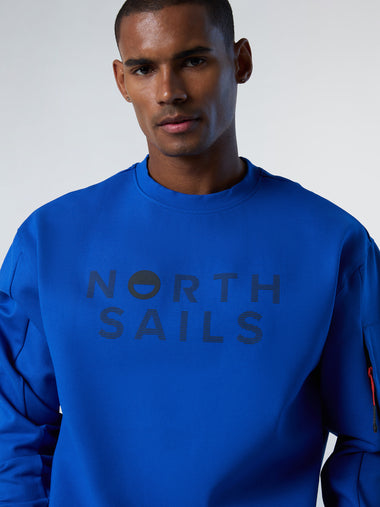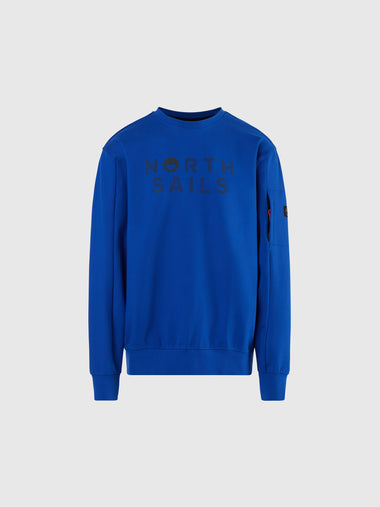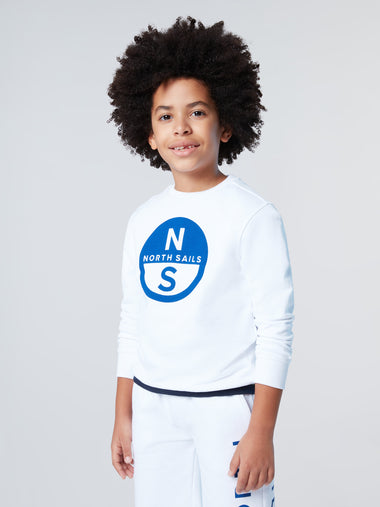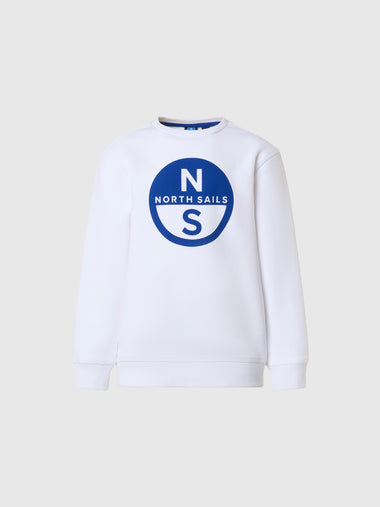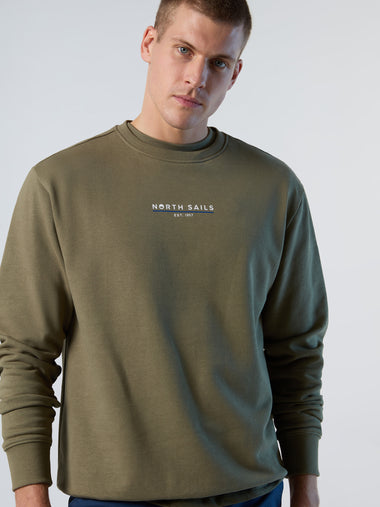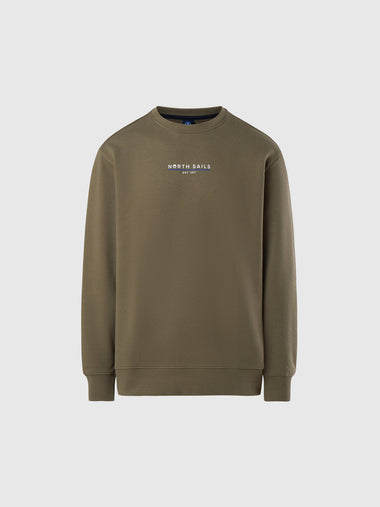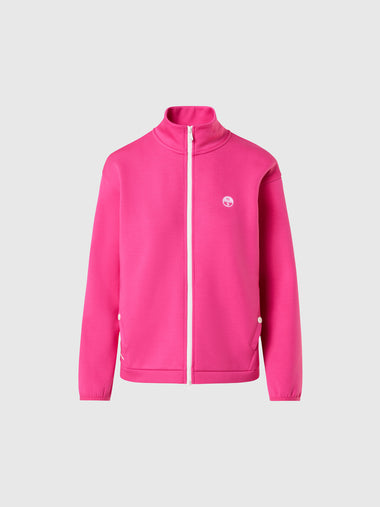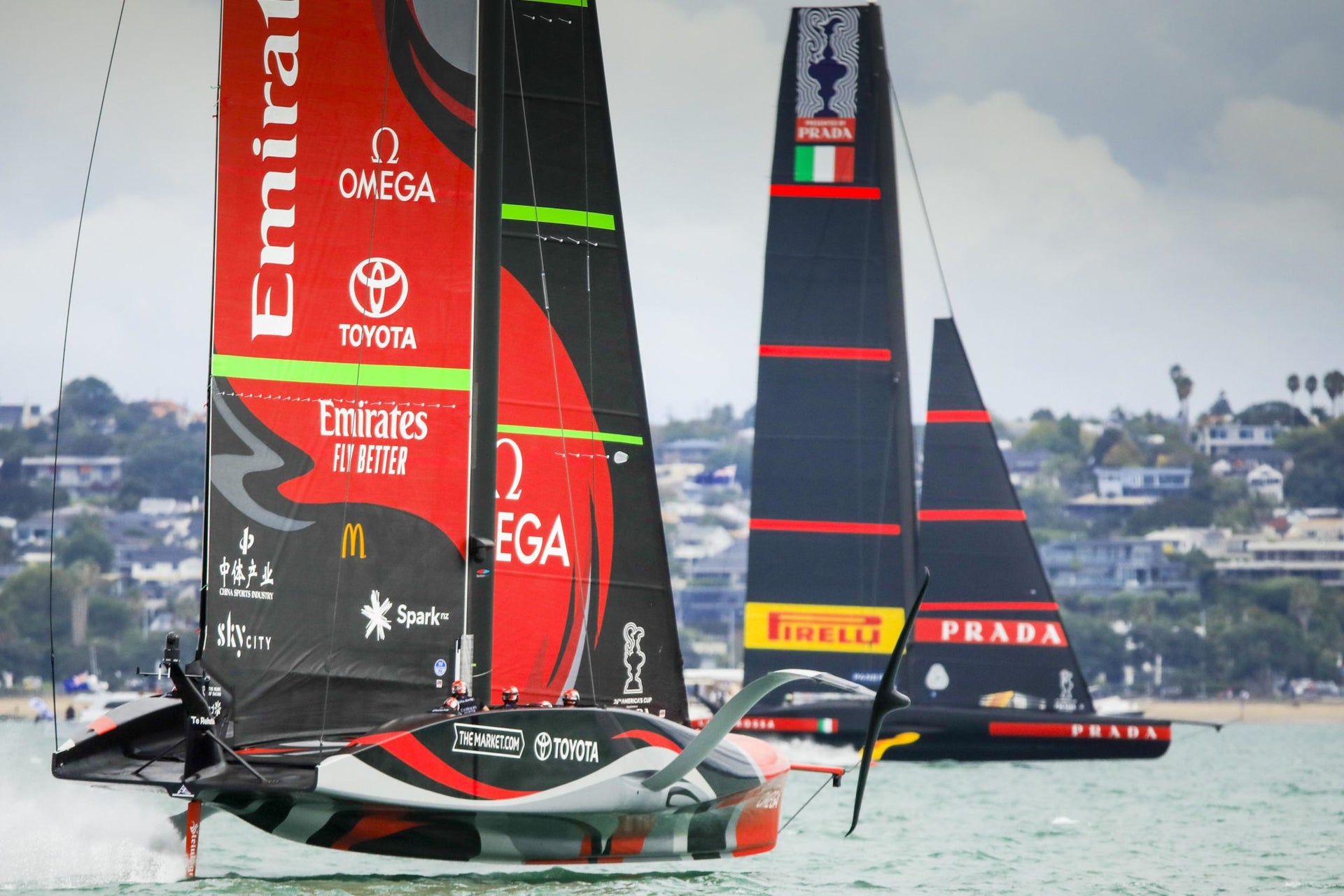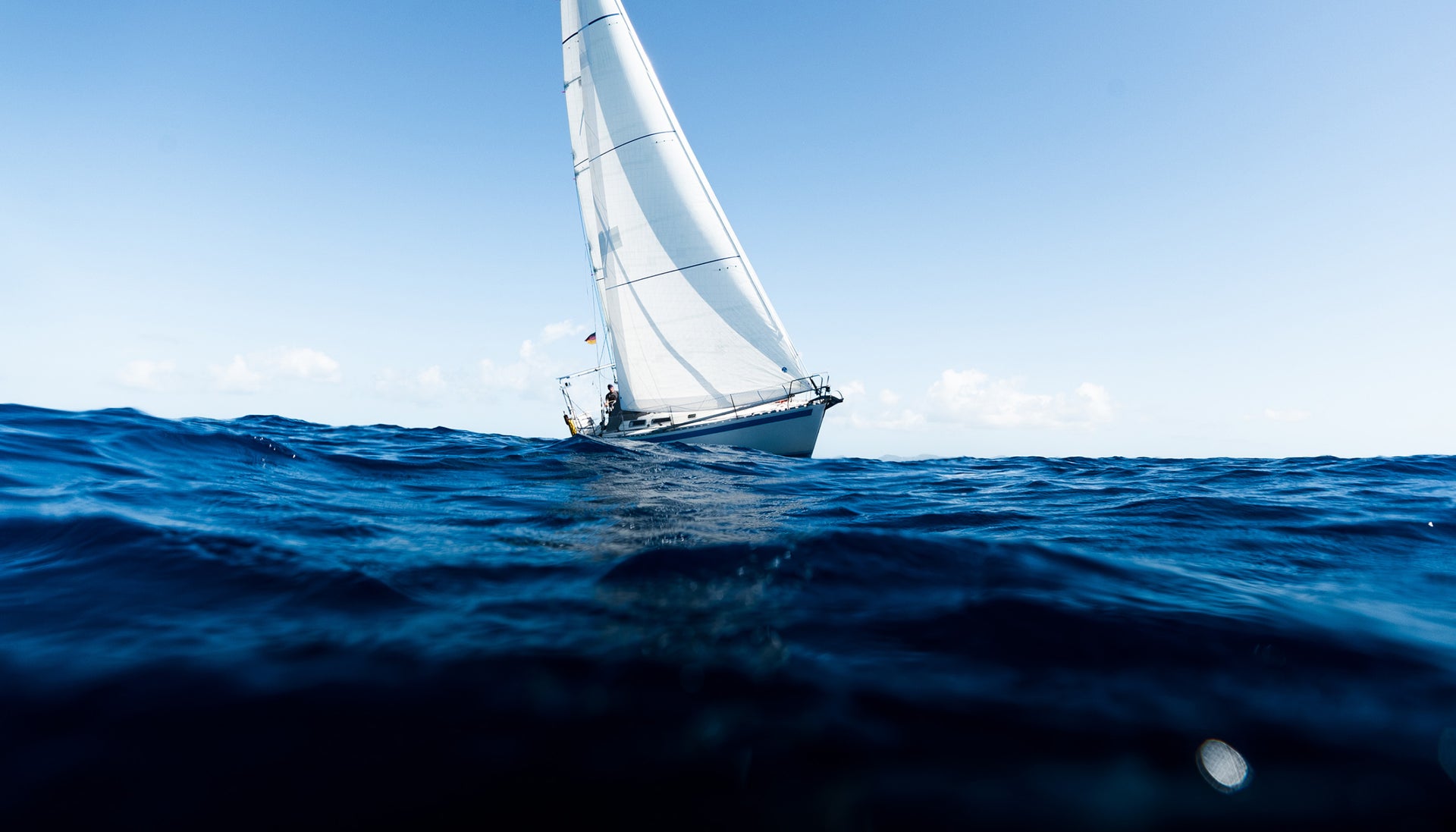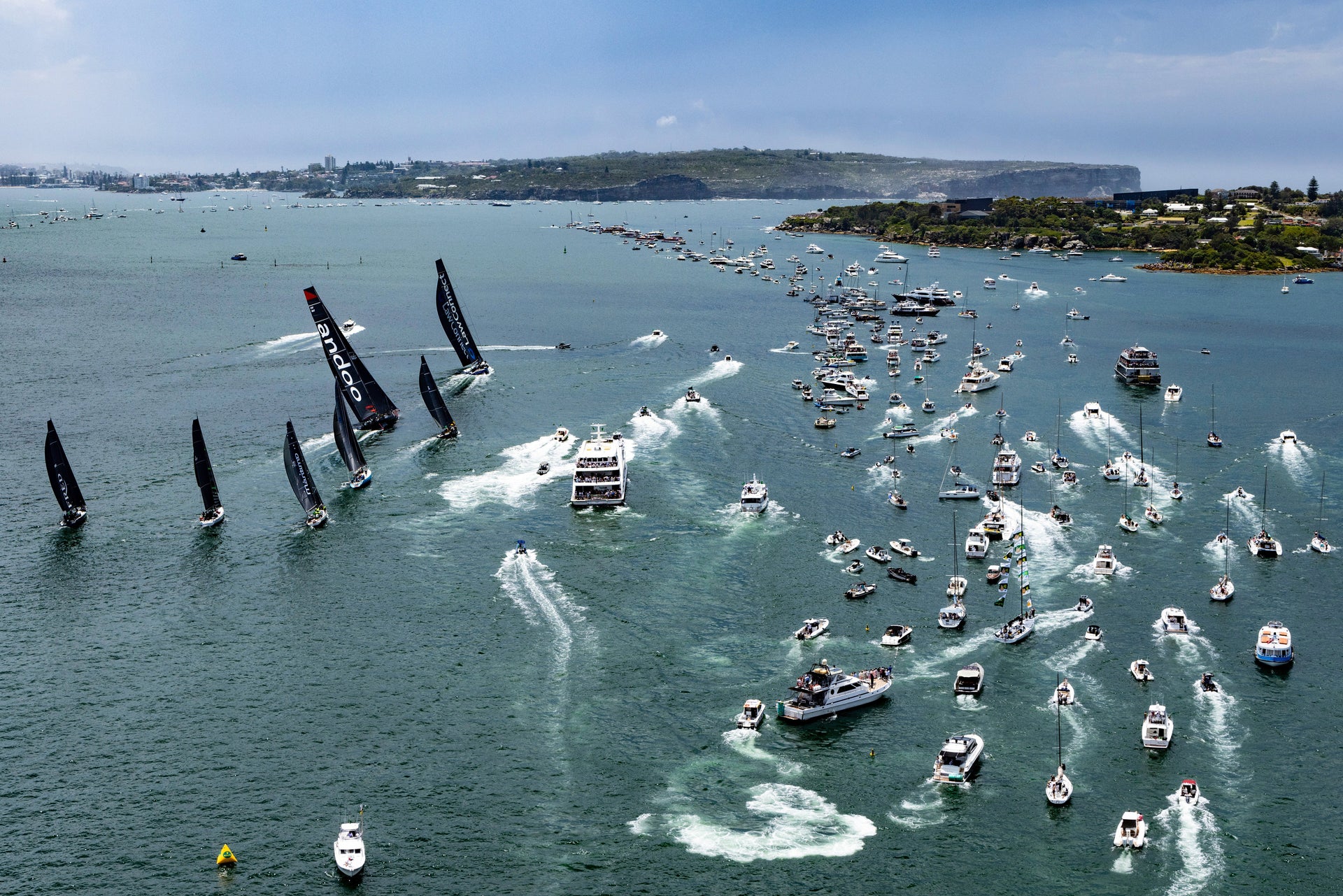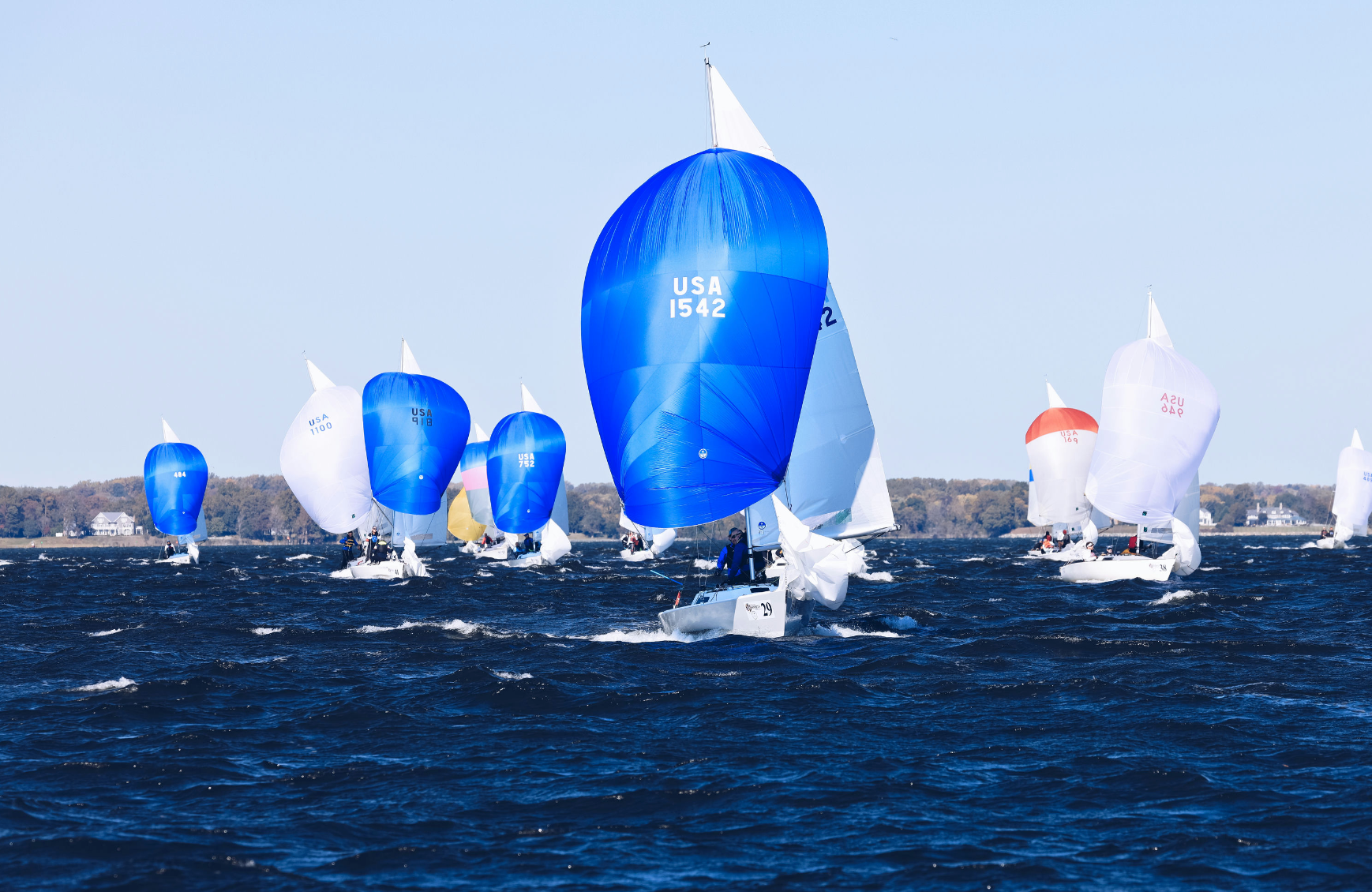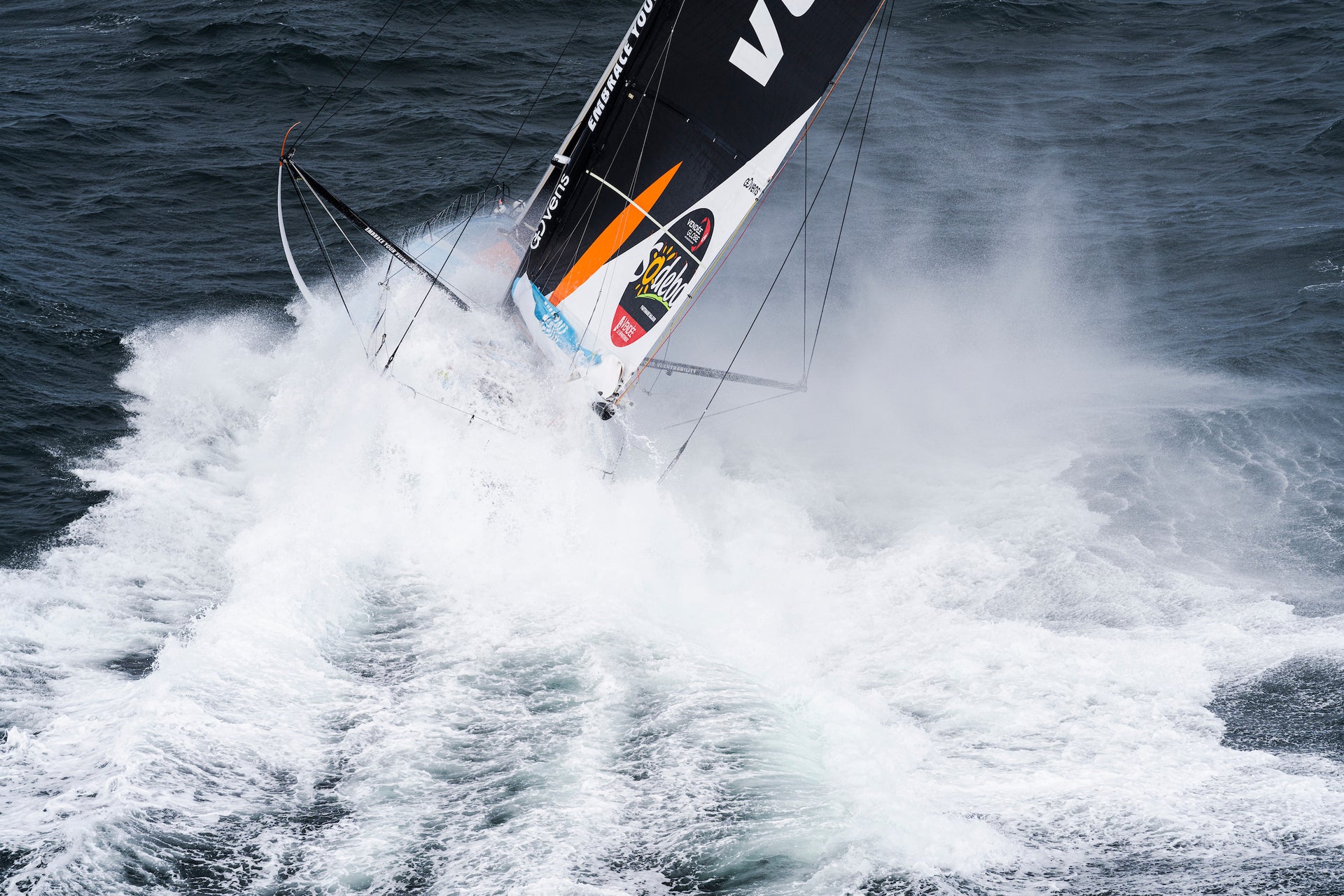LET'S TALK SAILS: DECISIVE DETAILS & CRITICAL CLUES
LET’S TALK SAILS: DECISIVE DETAILS AND CRITICAL CLUES
Day 6 of the 36th’s America’s Cup was a little windier, a little shorter – one race only – but all the more intense for it.

The end is near – the end of the 36th America’s Cup, that is. North Sails and INEOS TEAM UK sail designer Gautier Sergent, who’s constantly studying the AC75s and analyzing their sail choices, shares his notes.
Sergent mentioned “a lot of small details that might be worth paying attention to.” First, the mainsails. “They both kept their big mainsail on despite the 14 to 15 knots of wind. On a course like this, the wind speed varies a lot and it’s the jib size that changes if needed, not the mainsail. That’s because the latter helps balancing the boat’s power and heeling angle.”
With the Cup potentially one race away from the end, he explains that “there won’t be any big changes anymore, but details will be key.”
“It’s interesting to notice how much the aerodynamic fairings have changed on the Luna Rossa Prada Pirella deck since the World Series. They’ve added some fairing on the top and opposite sides of the cockpit to further hide the sailors from the wind and reduce the aero drag. It’s sort of emulating the Emirates Team New Zealand sunken cockpit.
“It also helps have a cleaner flow on the sails, making them more efficient. The Luna Rossa guys have filled every recess and hole so the airflow doesn’t break and generate turbulences. Everything is as tightly fitted as possible around the sailors. On the AC75s, the deck and the sails are designed as one single package and the Kiwis had integrated this in their boat concept. But the Italians have done a nice job developing these fairings to efficiently guide the airflow around the deck and sails.”
Speaking of clear trails, Sergent notices some work has been done on the Emirates Team New Zealand’s mainsail clew. “After the technical crew worked on it this week, the fairing around the clew of the main was noticeably cleaner and its trailing edge thinner. Their mainsheet ram is placed between the two skins, making the trailing edge thicker. You can see the telltales getting sucked in between the two skins. In that regard, the Luna Rossa set-up is much cleaner. But as we explained previously, the Kiwis have also lowered their deck and extended the sail further down to gain sail area – everything is connected!”
Perhaps less technical but an obvious point of difference, the windows cut out in the Luna Rossa Prada Pirelli’s sails. “The Italians have two big windows, one in the main and one in the jib, while the Kiwis don’t. It’s a small thing, but it means they’ve chosen to trust the guys on the leeward side instead of creating a weak point in the sail’s structure.

“I’ve noticed it because we’ve had similar conversations with INEOS TEAM UK: the sailing crew like these windows but with sails this flat, that are under such effort, these mylar windows stretch with these very high apparent wind speeds and end up creating a lump to leeward. On a conventional boat with all the crew to windward, of course, it’s understandable. But on these, you could compensate with onboard communication.”
One last thing? Gautier has his eyes everywhere. Nothing escapes Sergent’s stare. “Yesterday, I also noticed the bottom batten of Emirates Team New Zealand’s Jib 3. The batten is almost on the foot of the sail and it’s an unusual place for it. Two potential reasons for this: first, it might reduce the amount of flapping during a tack or a gybe, reducing drag which is crucial when the boat is essentially powerless. Second, on these hard sheeted flat sails, the airflow can have a tendency to separate around the tack area, so they might have placed this batten there to try and control and lock the shape in this area. A small separation could rapidly extend to a wider part of the sail, affecting its efficiency.
Perhaps a little pensively, Sergent adds that “each team has a different approach and is learning to play with it.” But with the racing reaching its conclusion soon – too soon?, there isn’t much time left for learning.

